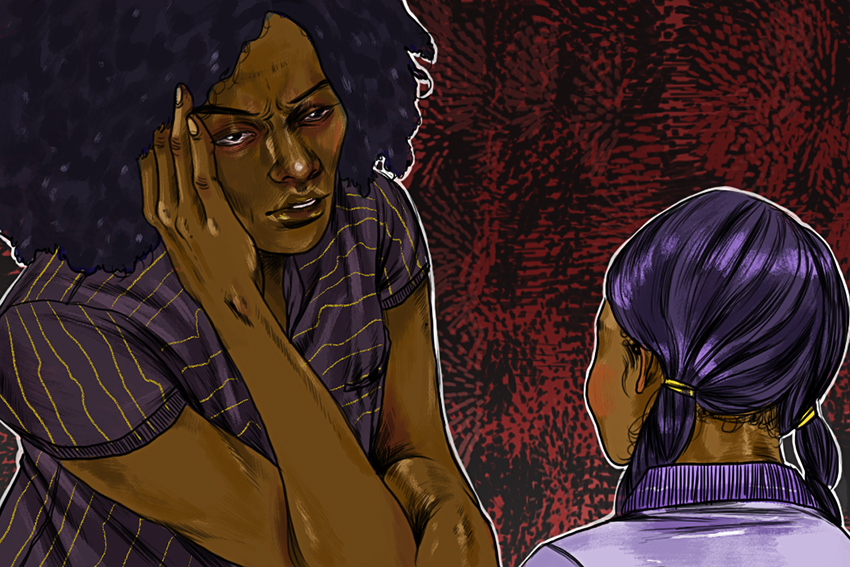When parents experience discrimination, their children may suffer.
A recent UT study has found that parents who experience discrimination in their daily lives are more likely to exhibit greater parental hostility towards their children, ultimately leading to depressive symptoms and delinquent behaviors in the children.
The study, conducted by human development and family sciences graduate student Yang Hou and her colleagues, was published last December in Child Development. For her work, Hou was recently awarded the Early Graduate Student Research Award from the American Psychological Association.
“There is a lot of literature on how a person’s experience with discrimination affects their personal health, which is a direct association, but our study found that it’s not just your own experience (of discrimination) that could affect your well-being,” Hou said. “A parent’s experiences with discrimination can also indirectly relate to an adolescent’s development, and the family process plays a very important role in the link.”
In the study, parents from over four hundred Chinese-American families self-reported their own discriminatory experiences, depressive symptoms and spousal hostility. Four years later, the teenagers from those families rated their parents’ hostility towards them, as well as their own depressive symptoms and delinquent behaviors.
“If the parents are being discriminated against, they may be more depressed and are more likely to behave in a hostile way towards their spouse and children,” Hou said. “Then, this hostility in the family would influence the adolescent’s development, who could become more depressed and (show) more delinquent behaviors.”
Freshman Vishnu Srinivasa, a second-generation American whose parents immigrated from India, said he understands why this correlation exists.
“A lot of people who have immigrated here and have faced discrimination may be more likely to not make as much money as people who (haven’t faced discrimination),” Srinivasa said. “It’s more likely that children from poorer families may exhibit more depressive or delinquent behavior.”
Srinivasa said in his personal experience he doesn’t find the correlation between parental discrimination and adolescent delinquency to be true. He added that this study may not account for the different ways people perceive discrimination.
“One thing I notice here is that since the authors are asking for self-reported data, some people might face similar levels of discrimination but choose not to report it because they personally feel like it’s not a big deal,” Srinivasa said.
Hou said that although the effect size is moderate, about 10 to 20 percent, it is still notable because this association exists even after controlling for a variety of factors, such as age and socio-economic status.
“To better understand adolescent development in ethnic minority families, it’s really important to consider the social context such as discrimination and to consider the family as an interdependent system,” Hou said. “When family members try to adapt to the life in the U.S., they usually do so as a family, in which their experiences can influence each other — the parents’ experiences can influence the children, and the children’s experiences can influence the parents.”
According to Hou, this conclusion highlights the interdependence of the family system and suggests new strategies that intervention programs can use to reduce adolescent development problems.
“Family intervention (services) should not only just include the adolescent themselves into the program, but also take this into consideration of how the parents play a role in the family environment,” Hou said. “Because as we see, how parents interact with adolescents can have a significant effect on them.”















